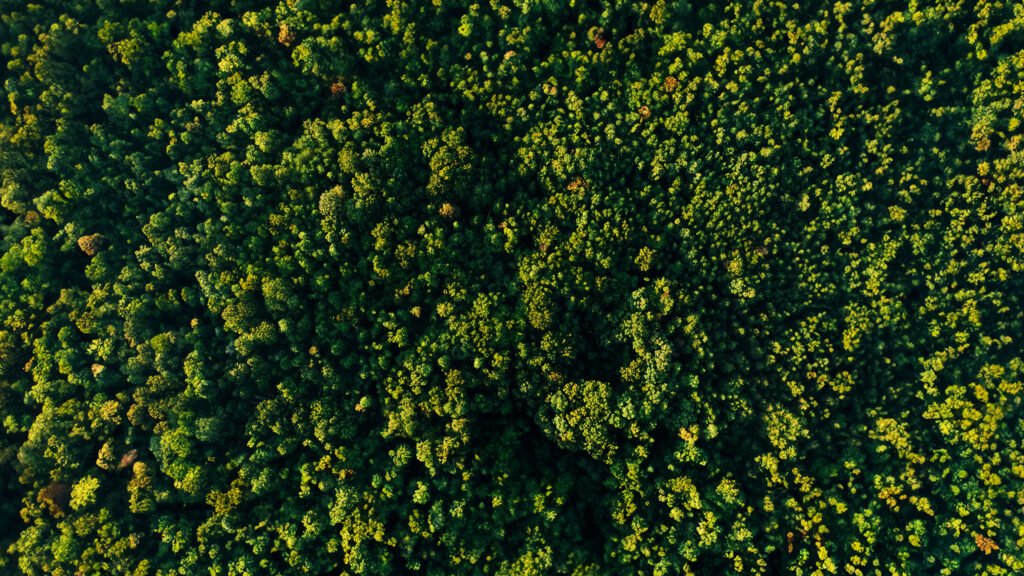In a pioneering initiative for India’s rice sector, 35,000 farmers across nine districts in Telangana are earning carbon credits through sustainable paddy cultivation under the “VARRI” programme, led by climate-tech startup Sow&Reap Agro in collaboration with Kosher Climate. Traditionally criticized for its high methane emissions and heavy water consumption, paddy farming is being transformed using the Alternate Wetting and Drying (AWD) method, which reduces water usage by 60% and cuts methane emissions by 6–7 tonnes per hectare annually. The project has already secured 37,405 carbon credits from the Gold Standard, making it the first in the country to achieve this milestone for paddy cultivation.
Initially involving 8,000 farmers who earned an additional ₹2,500 per hectare, the AWD method has also boosted yields by promoting stronger root growth and improved nutrient absorption. With each hectare of traditional paddy producing around 12 tonnes of methane annually, the shift to AWD represents a significant environmental gain, supported by Sow&Reap’s blockchain-powered DMRV (Digital Measurement, Reporting, and Verification) system to ensure accuracy and transparency. The startup now aims to expand into other paddy-growing regions in Odisha, Andhra Pradesh, and additional areas of Telangana, targeting the generation of over one million carbon credits within two years.
By replacing continuous flooding with controlled irrigation cycles, the AWD method is delivering a dual benefit: reducing greenhouse gas emissions and providing farmers with new income streams from the carbon market, positioning Telangana as a leader in climate-smart agriculture.


